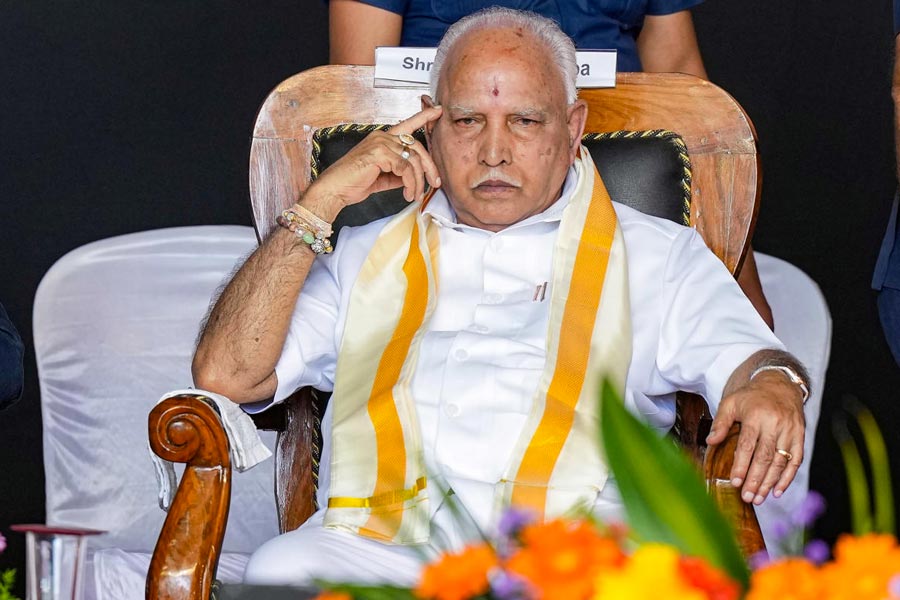The Delhi High Court, while setting aside the conviction and five-year sentence of a man accused of sexually assaulting a minor girl, has said that the social stigma suffered by those falsely accused of being "child abusers" is more painful than imprisonment.
Justice Anoop Kumar Mendiratta, presiding over the convict's appeal against the trial court's decision of January 2023, said there are significant flaws in the prosecution's case and the victim's testimony lacks reliability.
"The presumption of guilt under Section 29 & 30 of POCSO Act taken by the learned Trial Court could not be an edifice to convict the appellant since testimony of the victim is unreliable and there are serious flaws and gaps in the prosecution case," the court order, passed on Monday, said.
It emphasised that a wrongful conviction is worse than a wrongful acquittal.
"As a wrongful acquittal shakes the confidence of people, a wrongful conviction is far worse. A child abuser in the eventuality of false implication even continues to suffer a blot of social stigma which is much more painful than the rigours of a trial and imprisonment," the court order said.
The case dates back to 2016 when the victim (12) had alleged that the appellant, her aunt's brother, sexually abused her in her home.
The high court observed that there was a delay in the registration of FIR in the matter, which assumed significance on account of the matrimonial dispute between the victim's "chacha" (uncle) and "chachi" -- the appellant's sister.
"A complete stoic silence on the incident for a period of five days creates a deep shadow of doubt on the prosecution case. It may also be noticed that the victim has been changing her version regarding the acts committed by the appellant at her discretion," the order stated.
"It cannot be ruled out that the case is based upon tutoring or fabrication due to animosity and matrimonial disputes. It may also be noticed that the victim also refused for internal medical examination for no plausible reasons," it added.
The court, therefore, opined that the prosecution failed to bring home the charge against the accused beyond reasonable doubt and directed his release by acquitting him.
Except for the headline, this story has not been edited by The Telegraph Online staff and has been published from a syndicated feed.











